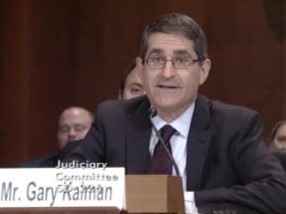When the Panama Papers were released just a little over a year ago it sent shockwaves throughout the world. The massive scale of the leak and the VIP’s that it implicated outraged a public that had already seen the wealthy and corporations as not paying their fair share. Though, with all that the leak revealed, an important question was on everyone’s minds, where are the Americans? This past week, it seems, we found them.
The Paradise Papers—a leak of 13 million documents from Appleby, a large offshore law firm—contains details on tax avoidance techniques of at least 31,000 U.S. citizens, residents and companies. This includes household names like Apple, Nike, and Uber. While governments have moved to crack down on tax avoidance schemes, documents in the leak show how Apple and Nike were able to outrun regulators by exploiting gaps between differing tax codes.
Just a few days before the leak, House leaders released a tax plan that rewards companies for creating complicated tax avoidance structures like those found in the leak. It is, in effect, a gift to the multinational companies that have dodged taxes for years by offshoring profits and jobs with an estimated $458 billion tax giveaway on the profits that are currently offshore. In 2004, a similar measure was used in an effort to create jobs yet the multinationals who benefited most from the repatriation holiday slashed 20,000 U.S. jobs over the next two years.




